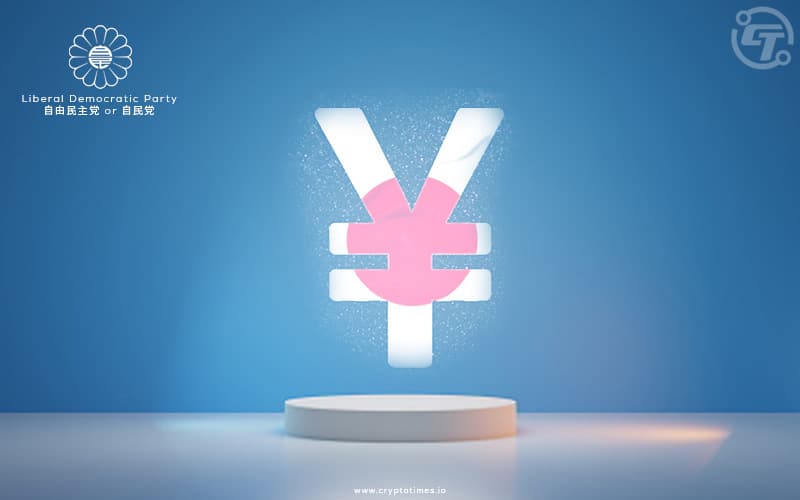Japan’s Cbdc plan will become more clear by the end of 2022. The ruling party says that by the end of 2022 we will know what to expect from digital currencies.
The Bank of Japan is among a group of seven major central banks jointly looking into core features of CBDCs.
The BOJ launched the first phase of its central bank digital currency in April. It hopes to move to the second phase next year and lay out some key functions of a digital yen. Such as, which entities will serve as intermediaries between them and deposit holders.
In an interview with Reuters on Friday, Hideki Murai, head of the ruling Liberal Democratic Party’s panel on digital currencies discussed the government’s plan on CBDC.
He said that, by around the end of next year, we’ll have a clearer view of what Japan’s CBDC would look like. Japan won’t take a quick decision on whether to issue CBDC. More details on its design may spur debate on how CBDC issuance could affect financial institutions.
Impacts of Japan’s CBDC
The financial industry is already facing massive changes as non-banking retailers begin online settlement. These actions of retailers increased the competition for commercial Banks.
“If the BOJ were to issue CBDC, it would have a huge impact on financial Institutions and Japan’s settlement system. CBDC has the potential to completely reshape changes occurring in the Japan Financial Industry.”
Murai said if Japan designs CBDC then the commercial banks will benefit from a shift back to bank control over business data and customers.
Murai also said the BOJ must ensure that the digital yen is made compatible with the CBDC of other developed nations. It will help them to counter China’s rapid progress towards issuing a digital yuan.
Also Read: China’s Big Banks Promoting Digital Yuan Trials Show a Threat to Alipay and WeChat.
“If a digital yuan becomes so convenient it’s frequently used by tourists or becomes a main settlement means for trade, the relationship between the yen and yuan could change” and erode the yen’s status as a safe-haven currency, Murai said.







